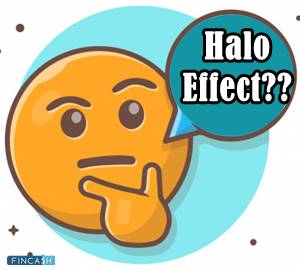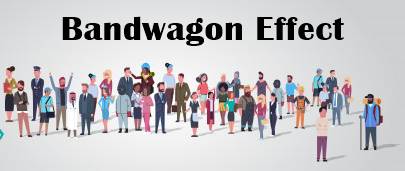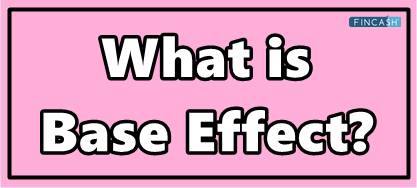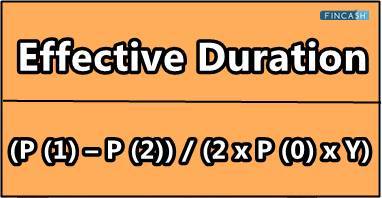
Halo Effect
Defining the Halo Effect
The halo effect is the term that is used to define the favouritism of consumers toward a products’ line because of positive experiences with other products by the same manufacturer. This halo effect is related to the strength and loyalty of the brand that eventually contributes to brand equity.

Horn effect is the opposite of the halo effect, which has been named for the devil’s horns. When consumers go through an unfavourable experience, they relate that negativity with everything that is linked with the brand.
Understanding the Halo Effect
Companies, by capitalizing on their strengths, create the halo effects. With undivided marketing efforts concentration on successful, high-performing services and products, the company’s visibility increases and brand equity, as well as reputation, strengthen.
When customers experience anything positive with products from highly visible brands, they psychologically create brand loyalty in favour of that company and its products. This notion is independent of the customer’s experience.
The reasoning behind this belief is that if the company is good at one thing, it will be good at the other. This assumption helps to take the brand far and to outwork its competitors. Thus, in a way, the halo effect helps increasing brand loyalty and strengthening the reputation and image of the brand; thereby translating it into high brand equity.
Talk to our investment specialist
Halo Effect Example
The halo effect can be applied to an extensive Range of categories, including brands, ideas, organizations, and people. For instance, Apple gets a lot of benefits from this effect. After the release of the iPod, there were doubts in the Market that Mac laptops’ sales will increase because of the iPod’s success.
Figuratively, the halo effects helped the brand to expand its product offerings. For instance, the success of Apple iPod enabled the company to develop other consumer-oriented products. Thus, they came up with watches, iPhone, and iPad.
In case these following products would have paled in comparison to the iPod, the success of the iPod would have compensated for the failure rather than changing the brand’s perception for people. Technically, this helped Apple to be loved among technology geeks, despite experiencing other failures.
This phenomenon of a product impacting another favourably, as in the scenario of Apple, is regarded as an almost perfect example of this effect. Ultimately, the iPod purchasers kept coming back, and the sales of the iPhone were steady and continuing.
All efforts have been made to ensure the information provided here is accurate. However, no guarantees are made regarding correctness of data. Please verify with scheme information document before making any investment.












